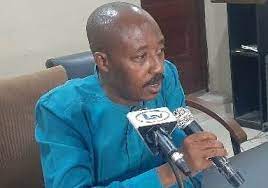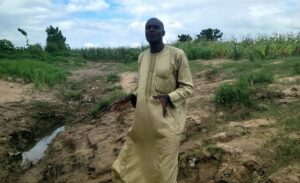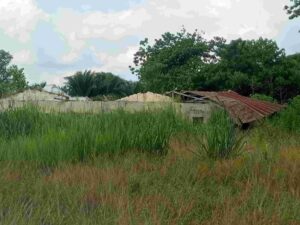Media Rights Agenda (MRA) today called on the Federal Government to leverage the enduring nature and unique characteristics of radio in tackling the challenges of illiteracy, ignorance and poverty in Nigeria, saying the continuing potency of radio after more than 100 years of its existence can help to foster dialogue among diverse groups and mitigate the plethora of crises ravaging the country.
In a statement to commemorate this year’s World Radio Day (WRD), MRA’s Deputy Executive Director, Ayode Longe, underscored the need for Nigerians to live in peace and harmony as the country builds its democracy and noted that the nature of radio, particularly in the context of a country like Nigeria, makes it ideally suited to facilitate dialogue among the various ethnic, religious, social, political, and economic sectors across all the geo-political zones of Nigeria.
Longe said: “For over a century, radio has made a great impact in the lives of people around the world as it is available to even the poor in the remote parts of the world, bringing them timely information, education and entertainment. Radio has also adapted, through the century, to changes and developments in technology and is now available in more gadgets than ever before. It has also remained the most widely available medium of communication in the world, reaching billions of people daily.”
WRD is celebrated on February 13 each year and the theme for 2024 is “Radio: A century informing, entertaining, and educating”. The theme celebrates the rich history and enduring impact of radio over the past century, recognising radio’s role in informing, entertaining, and educating audiences worldwide. The theme also emphasizes the continued relevance and potency of this medium till date.
The WRD celebration followed the proclamation of the Day in 2011 by UNESCO member states and subsequent endorsement by the United Nations General Assembly on January 14, 2013 as an international day. February 13 was chosen as it is the date the UN Headquarters-based United Nations Radio was established in 1946.
Longe noted that although technological developments which have offered a variety of new ways to be informed, educated and entertained have posed a challenge to radio, they have also enhanced a wider reach for radio broadcasts, making it possible for radio broadcasts to transcend geographical boundaries and making a massive impact in the information, entertainment and education sectors around the world.
He said: “Radio is one medium that offers a variety of ways to reach the greatest number of people cheaply wherever they may be and possibly in the language that they speak and understand. This makes it a veritable tool in the hands of the government at all levels to carry all Nigerians along in the formulation and implementation of their policies.”
Longe argued that rather than diminish the importance of radio, technology has actually enhanced it, making it available in affordable portable gadgets that can be carried about easily, even in pockets. He added that radio is also available and can be assessed on the internet, making it possible for radio broadcasts to transcend signal limitations and for people who have traveled outside their localities to still listen to their favourite local radio stations online, if they so desire.
MRA called on the government to especially strengthen and expand community radio broadcasting by ensuring that more licences are issued to communities and groups for community radios and that the licenses are affordable and issued only to communities and not to individuals or cults who would misuse them. It also urged the government to build strategic partnerships with radio broadcasters to harvest the benefits of the medium to the fullest and for the holistic well-being of Nigeria.



